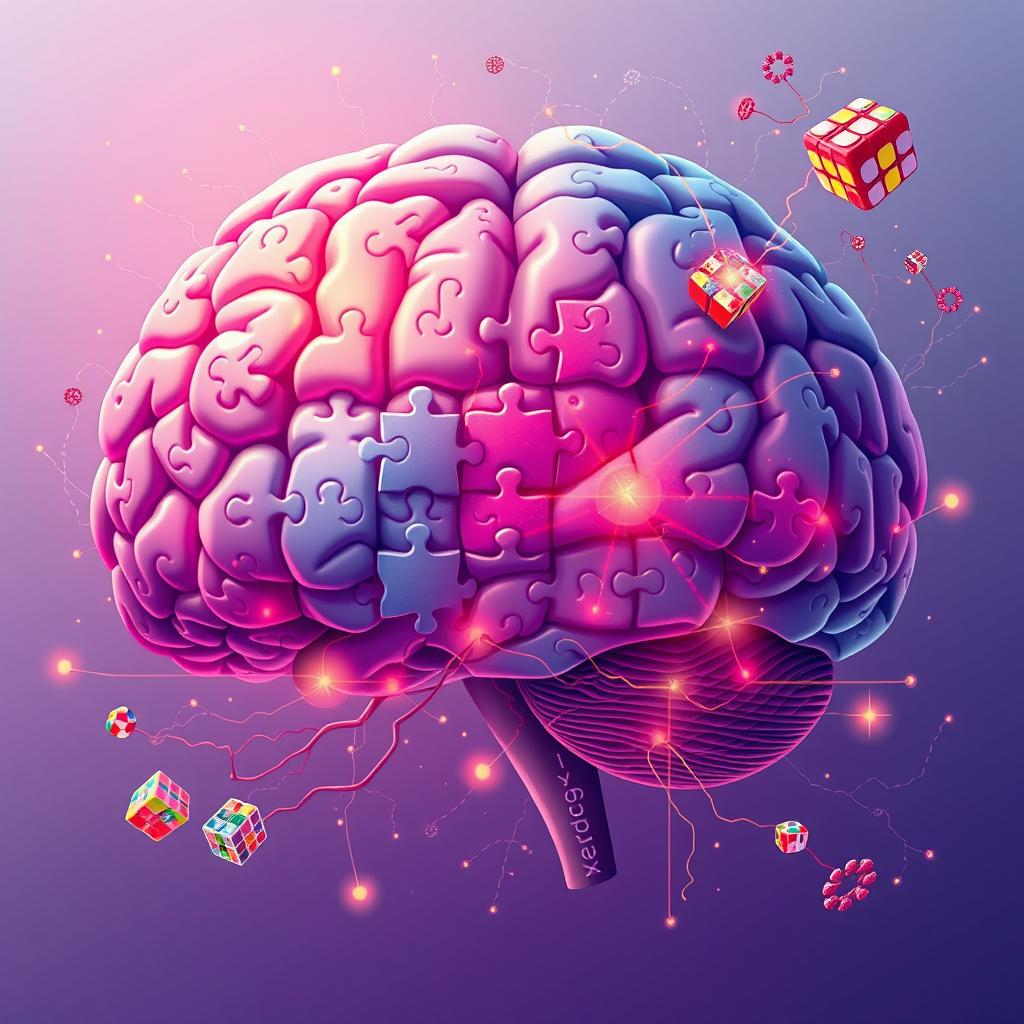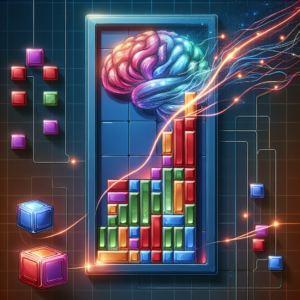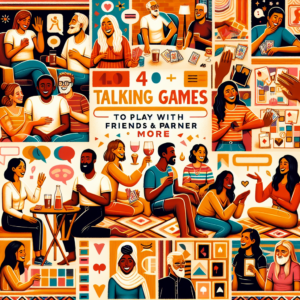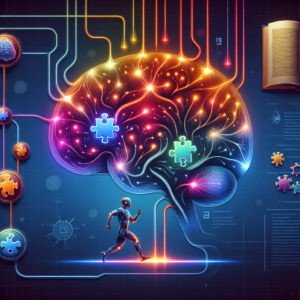
Unlock Your Mind’s Potential: The Benefits of Solving Puzzles and How to Stay Consistent
Introduction
Are you looking for a fun, engaging way to boost your brainpower? Solving puzzles is not just a pastime; it’s an excellent mental workout that offers numerous cognitive benefits. In this article, we’ll explore how puzzles enhance cognitive function, memory retention, and creative thinking. We’ll also dive into the different types of brain games available and provide practical tips to help you stay consistent in your puzzle-solving journey.
Benefits of Solving Puzzles
Boosts Cognitive Function
Solving puzzles stimulates various areas of the brain, enhancing overall cognitive function. Whether you’re working on Sudoku or tackling a crossword, these activities require focus, problem-solving skills, and logical reasoning. Over time, regular puzzle-solving can sharpen your mind and improve mental agility.
Enhances Memory Retention
Puzzles are excellent tools for strengthening memory. When you engage in activities like jigsaw puzzles or memory-based tasks, you activate neural pathways that reinforce recall abilities. This is particularly beneficial as we age, helping to keep our minds sharp and alert.
Encourages Creative Thinking
Beyond logic, puzzles encourage creative thinking by challenging you to approach problems from different angles. Visual-spatial challenges, for example, push you to think outside the box and come up with innovative solutions. This skill translates well into real-world scenarios, making you more adaptable and resourceful.
Types of Brain Games
Logic Puzzles
Logic puzzles are some of the most popular brain games out there. These include classics like Sudoku, crosswords, and riddles. They require analytical thinking and pattern recognition, making them ideal for boosting logical reasoning skills.
- Sudoku: Improves numerical skills and spatial awareness.
- Crosswords: Expands vocabulary and enhances language comprehension.
- Riddles: Encourages abstract thinking and problem-solving.
Visual-Spatial Challenges
These puzzles focus on improving your ability to visualize objects and understand spatial relationships. Jigsaw puzzles, tangrams, and mazes fall under this category. By engaging in these activities, you can enhance your visual perception and fine motor skills.
Memory-Based Tasks
Games like card matching, number sequences, and memory matrices challenge your short-term memory and concentration. These tasks are perfect for anyone looking to strengthen their memory retention capabilities.
Tips to Stay Consistent
Set Daily Goals
Consistency is key when it comes to reaping the benefits of puzzle-solving. Set small, achievable goals each day, such as completing one Sudoku grid or solving three crossword clues. Breaking down your practice into manageable chunks makes it easier to stick with over time.
Use Apps for Variety
There’s no shortage of brain-training apps available today, offering a wide range of puzzles at your fingertips. Apps like Lumosity, Elevate, and Peak provide diverse challenges tailored to different skill levels. Using these platforms ensures you never get bored and keeps your brain engaged with fresh content regularly.
Make It a Social Activity
Why go solo when you can make puzzle-solving a group activity? Engaging in board games, escape rooms, or even online multiplayer puzzles allows you to enjoy the experience with friends and family. Not only does this add a social element, but it also fosters collaboration and friendly competition.
Incorporating puzzles into your daily routine doesn’t have to be daunting—it can be a fun and rewarding habit that pays dividends for your brain health. Start small, explore different types of puzzles, and find what works best for you. Remember, consistency is crucial, so set goals, leverage technology, and involve others to keep yourself motivated. Ready to unlock your mind’s full potential? Grab a pencil or download an app, and start your puzzle-solving journey today!


